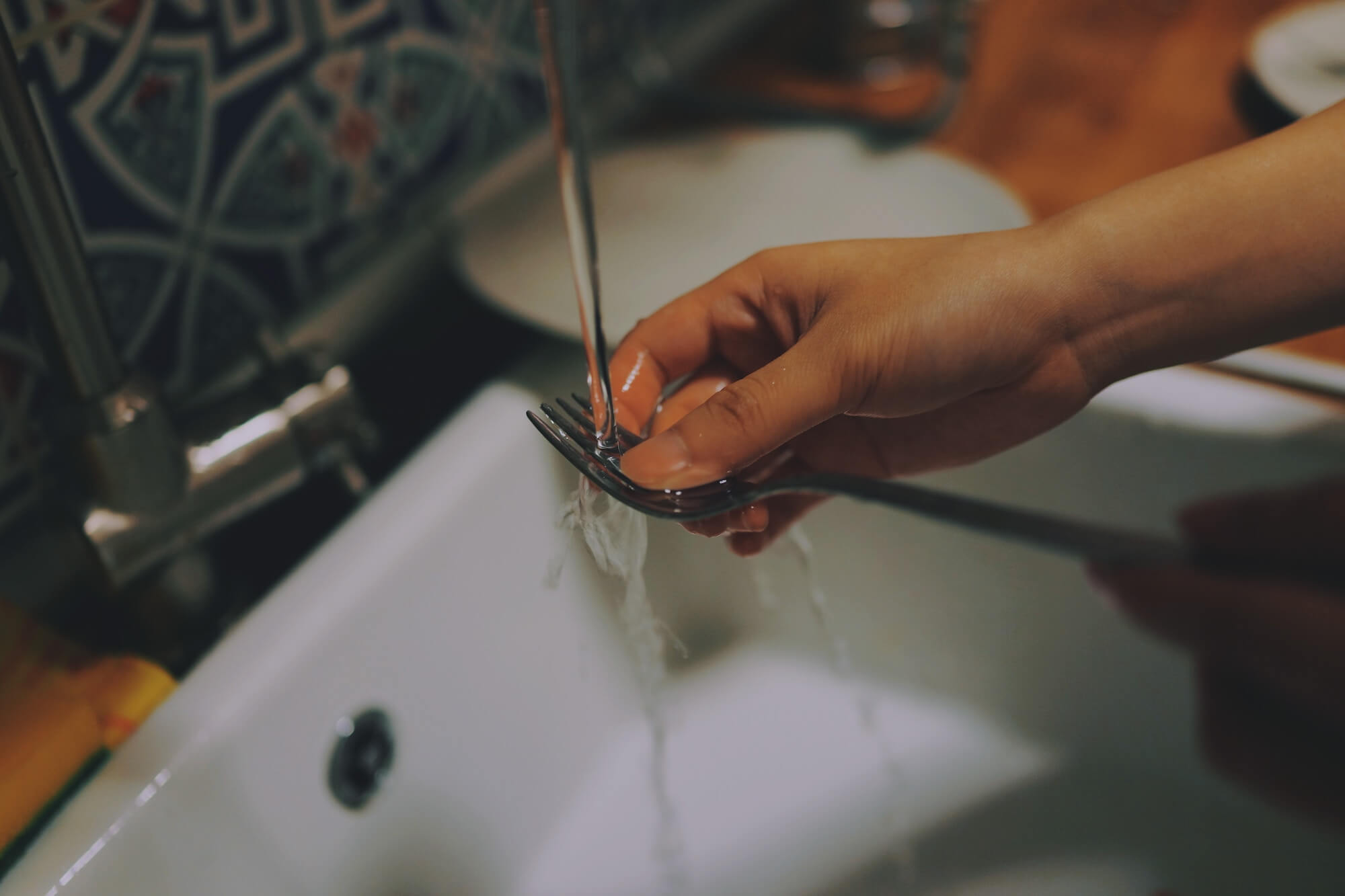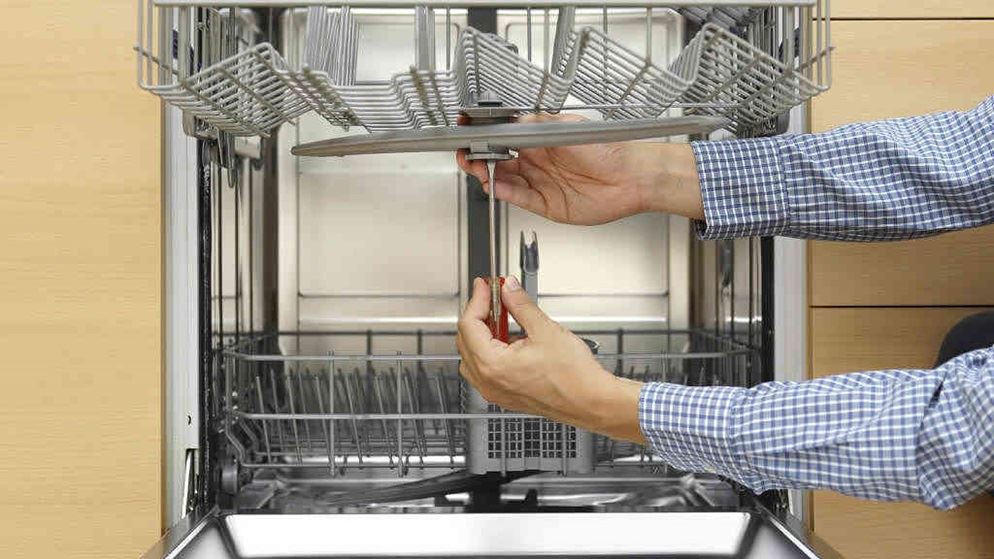
Dishwashers were invented to make our work easier and not going through all that hustle of having to clean everything within a limited time. However, there are very many mistakes that we do as we are using it which probably do not come with the manual. Most homeowners are very ignorant of dishwashing practices that most of the time they make cringe-worthy mistakes that end up causing long-term effects health-wise, or on the dishwashing functionality. Here are a few pointers on the mistakes that we probably do unknowingly.
1. Everything In The Dishwasher
Packing up everything in the dishwasher just to make use of every inch of space doesn’t work. Some of the dishes might not get cleaned as the dishwashing soap might not reach them. Put a reasonable number of dishes to ensure that all your utensils are perfectly cleaned. It is also not a good idea to put lesser items in a dishwasher as this may cause breakage when the dishes are moving around in there.
2. Do Not Thoroughly Clean Your Greasy Dishes
Avoid cleaning the grease off from your bowls completely. This also includes scrubbing them. Leave some of the work for the dishwasher. After all, what is the dishwasher for? However, if you feel hand-washing them is better especially if they have stubborn grease stains, then, by all means, do it.
3. Clean Your Dishwasher
Make sure you clean your dishwasher from time to time to avoid coating the dishwasher with dirt from your dishes. You wouldn’t expect a dirty dishwasher to clean your utensils. The best method of cleaning it is to use vinegar and baking soda. You can also go to the stores for advice on what else to use. This will also prevent bad odor in there.
4. Keep Iron Pans Away
The best way to handle iron pans is by hand washing them. It is not a good idea to wash them in a dishwasher as this may shorten their lifespan by making them seem faded. This also applies to non-stick pans with carbon coating which can be easily scraped off after a while. Do not also use very harsh liquid soap when cleaning them. If they are too greasy, you can use lemon and a little bit of soap with warm water for better results.
5. Pre-Wash
Make it a habit to pre-wash the plates or spoons that have that stubborn food stain before placing them in the dishwasher. This will ensure thorough cleaning is done in the dishwasher. As earlier stated, do not entirely clean your plates. Just pass them through water and a soft cloth.
6. Avoid Putting Light Plastics
Keep plastics away from the dishwasher especially the very light ones as the heat in the dryer might melt the plastic and damage your machine. Hand wash your plastics and dry them completely before storing them. If you could completely try and avoid them, it would be a very good idea health-wise. Remember when plastic melts it lets off some toxins which might not be healthy for you especially if you are using the plastic for food.
7. Sort Your Dishes
Just as you sort out your clothes before putting them in the dry cleaner, do the same for your dishes too. Putting in your dishes without any sort of order will only result to chaos cleaning which might not turn out clean dishes. Hand-wash the bigger dishes first. Place the smaller dishes at the center and the bigger dishes at the back to avoid blocking the smaller dishes from being reached. This way the cleaning process will go a lot smoother and your dishes will be effectively cleaned.
8. Avoid Putting Wooden Dishes
For your wooden utensils to have a longer life, it is better that you avoid having them in the dishwasher as the heat will cause them to have cracks. Wash these by hand and air dry them. It is important that they remain water-free and dry for them to last longer.
9. Hand-Wash Cutlery
Knives and forks may be the cause of damage to your sensitive plates. Keep them off of your dishwasher and have them cleaned manually. The dishwashing liquid can also make your steel items appear faded. Dry the cutlery well before storing it because you definitely don’t want a case of rusted knives and forks.
10. Use a Rinse Agent
It is highly recommended that you use a rinse agent together with dishwashing liquid soap just to ensure that you leave no soapy spots on the dishes afterward. Soapy spots are definitely not a food end result and your dishes will not really be clean.
11. Check the Water Temperature
Not only do you want your dishes clean but you want them sanitized. Ensure that you have the correct water temperature. Check the settings on the water heater. Do not put very high or low temperatures. Consider the utensils material, whether its ceramic, glass, plastics or melamine because each of them react differently to the water of different temperatures.
The Bottom Line
With the above ideas, it may seem as if using the dishwasher is rocket science but on the contrary, it is the best way to clean your dishes as it saves water and a lot of time and energy. Get to know how it works before taking it home and have it checked once in a while to make sure it is still effective. If you do not have any idea on how to clean it, you could always go to the store and get some ideas on how to go about it. Alternatively, you can hire a home cleaning service to do the dishes by hand.










